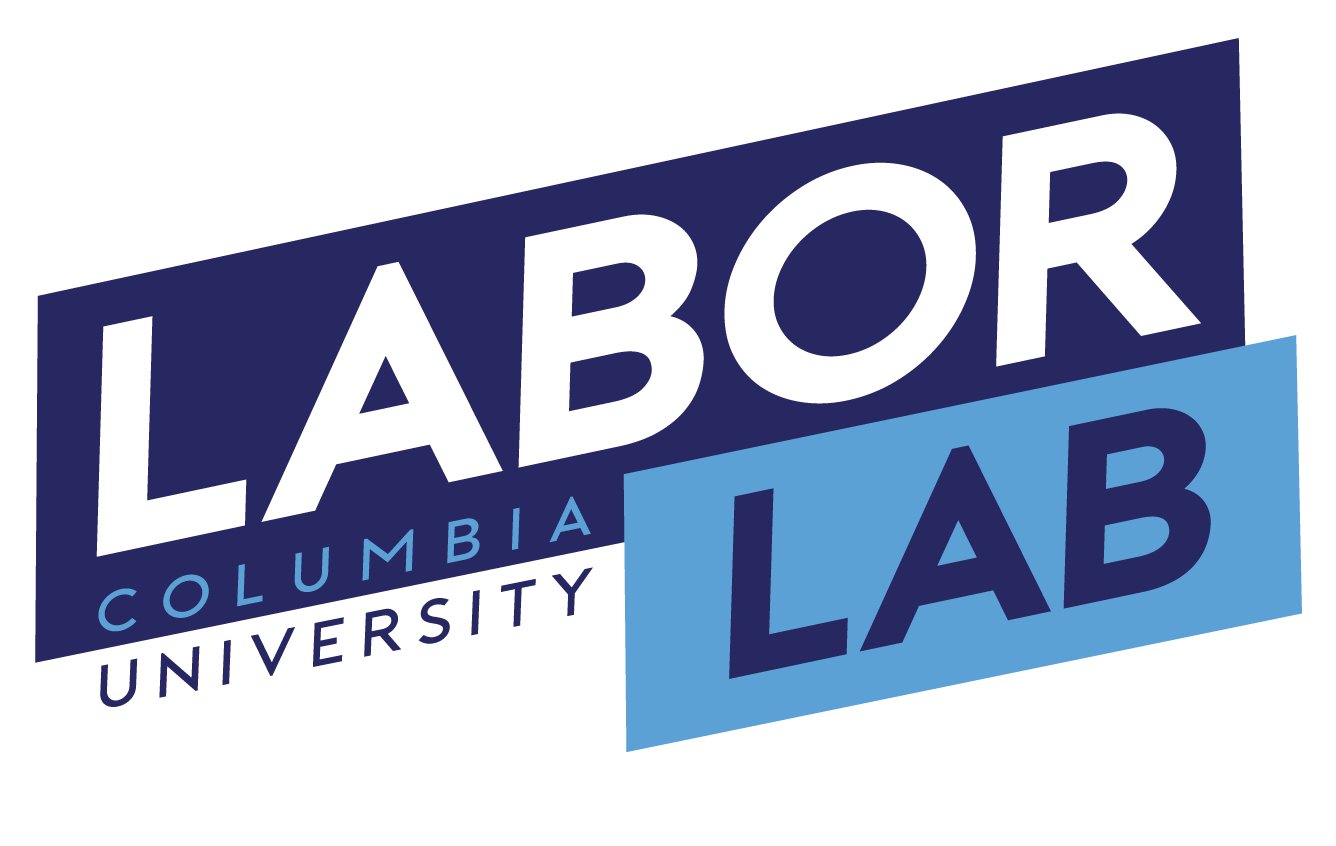Report: The Impact of Incarcerated Labor
in Hyundai's U.S. Supply Chain
KEY FINDINGS:
Based on a survey of Alabama auto plant workers and related sources, we study the incidence of incarcerated labor in Hyundai’s U.S. supply chain.
- In the survey, those working in the Hyundai supply chain in Alabama report earning 10-15% less than other auto supply chain workers in the state, even after accounting for education, race, gender, and age.
- Workers in Hyundai’s supply chain also report more safety hazards and more frequent negative experiences such as wage theft, forced overtime, harassment, and lack of breaks, compared to other auto supply chain workers in Alabama.
- In the Montgomery area, where Hyundai suppliers are concentrated, auto supplier wages are 7-9% lower than expected compared to similar jobs elsewhere in Alabama and nearby states. One contributor to these disparities appears to be Hyundai’s use of prison labor. Multiple Hyundai-linked suppliers employ workers from Alabama’s prison work release program, with prison labor especially concentrated in auto parts manufacturing in Montgomery.
- We find that a 10% increase in the share of incarcerated workers in a plant is associated with a 10-14% drop in wages for free workers. We find evidence that this is explained by the fact that incarcerated workers are far less likely to quit over low pay due to coercive prison conditions, which gives employers leverage to lower wages and working conditions for all their employees.
Columbia University Labor Lab
Part of INCITE @ Columbia University
61 Claremont Avenue Suite 1300
New York, NY 10027

